Streamline Turkish investment strategies with DueDiligence360™…
Read MoreCorruption and bribery affects any organisation, large or small, public or not-for-profit. It has the potential to cause severe harm to your business, including financial loss, dire legal consequences, damage to your brand, company’s reputation and sustainable development. Therefore anti-bribery needs to be managed correctly and effectively.
ISO has developed a standard – ISO 37001:2016 ABMS – to help organisations promote an ethical business culture. “Designed to help your organisation implement an anti-bribery management system (ABMS), and/or enhance the controls you currently have. It helps to reduce the risk of bribery [and corruption] occurring and can demonstrate to your stakeholders that you have put in place internationally recognised good-practice anti-bribery [and anti-corruption] controls”.


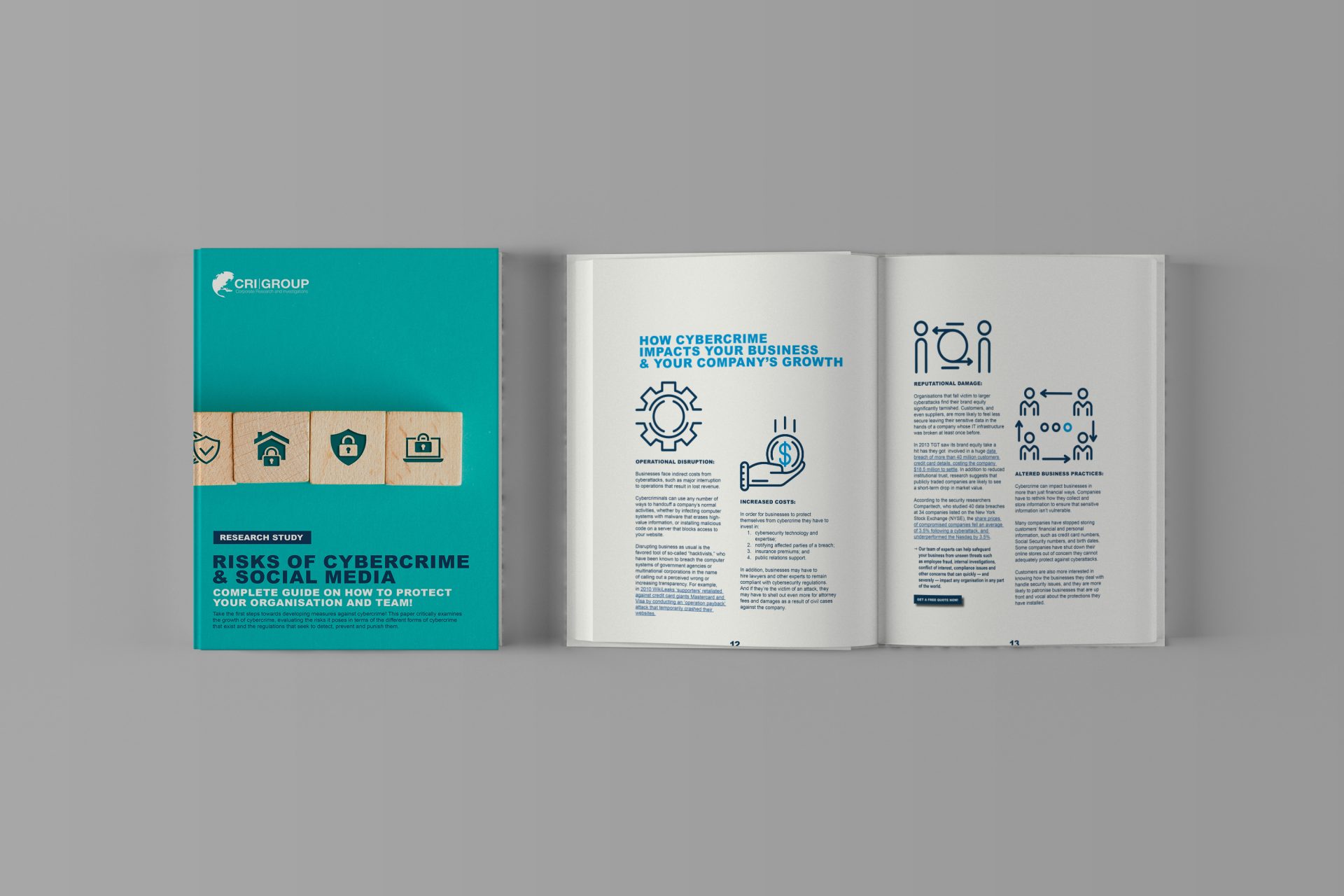

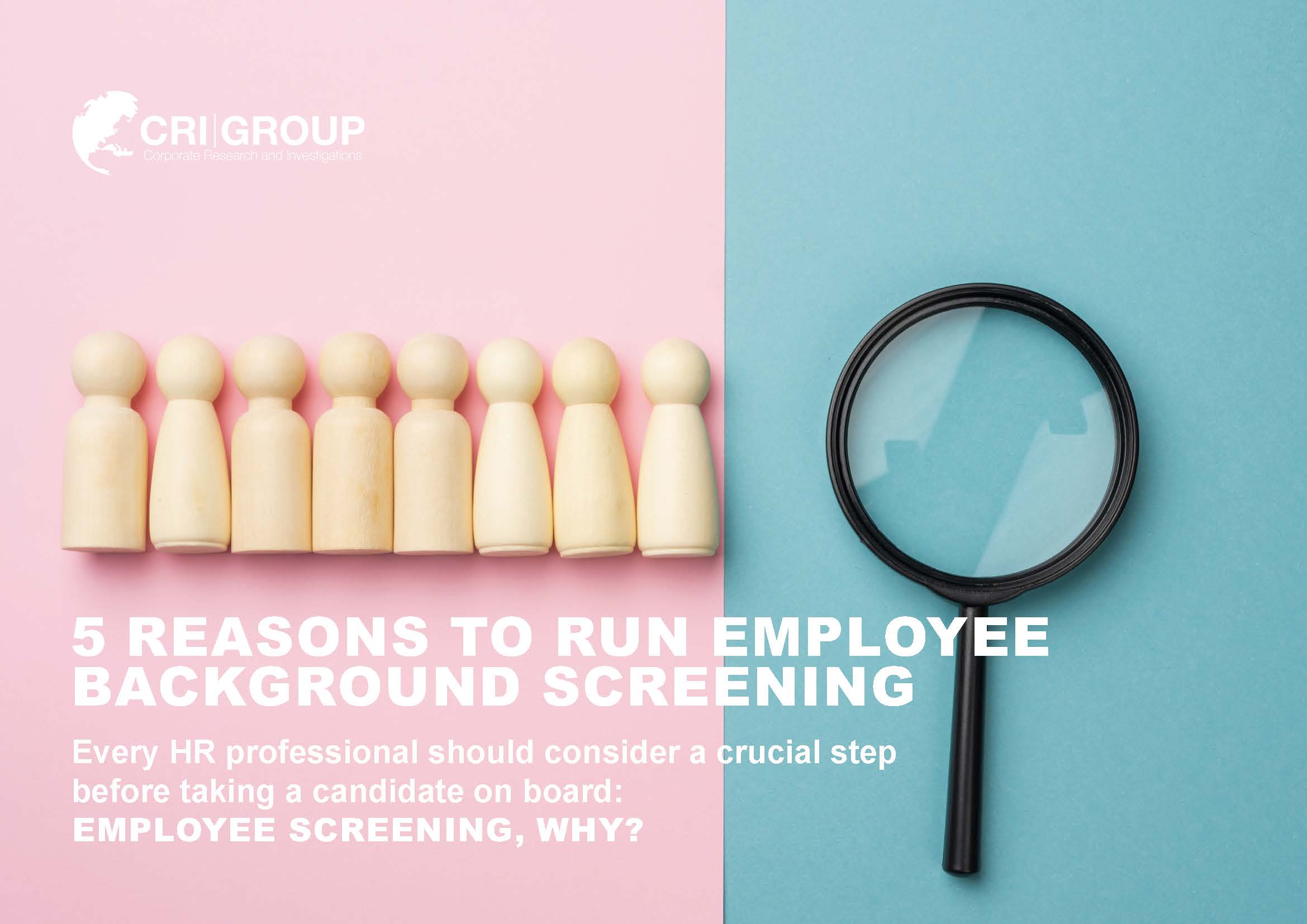
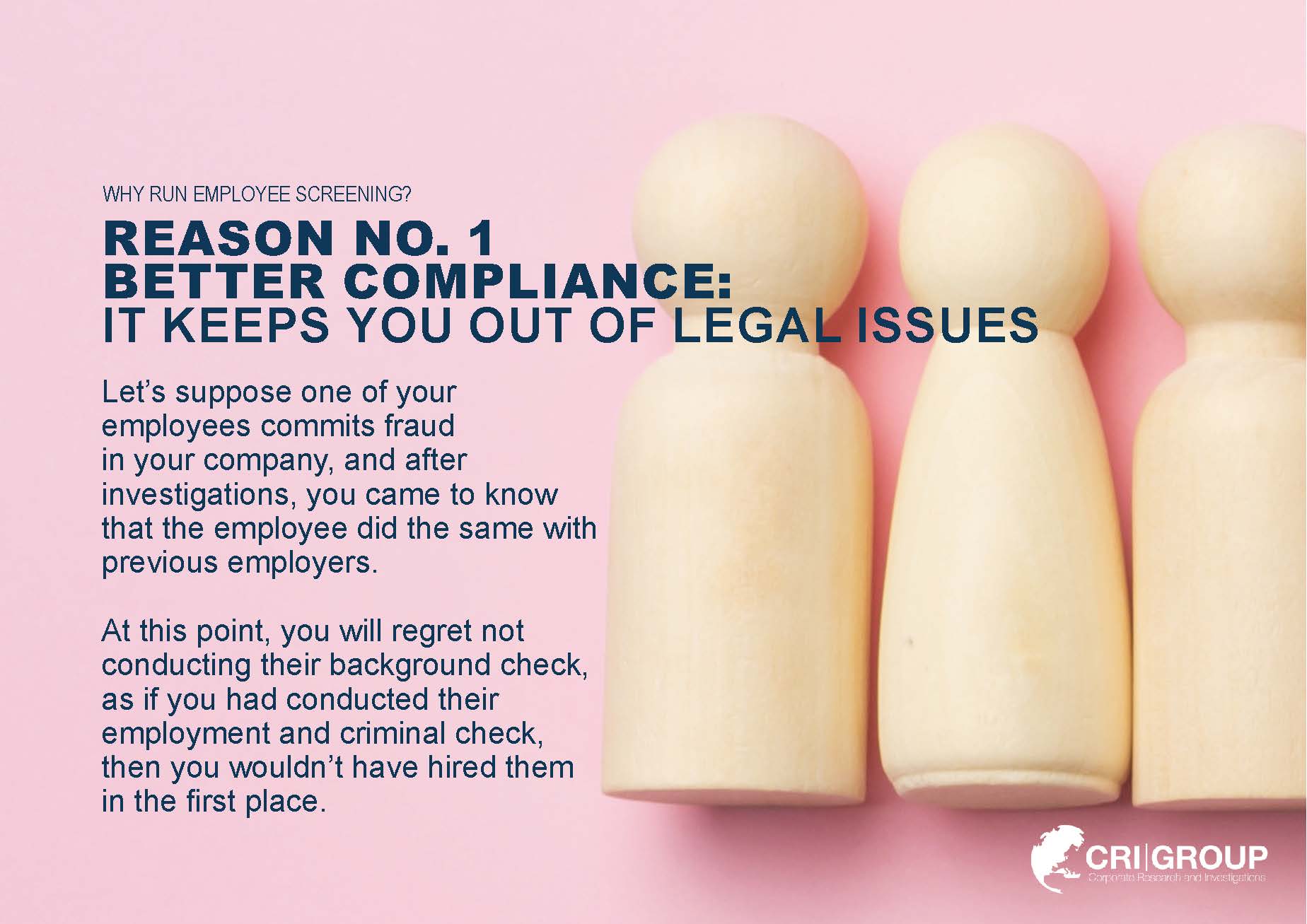
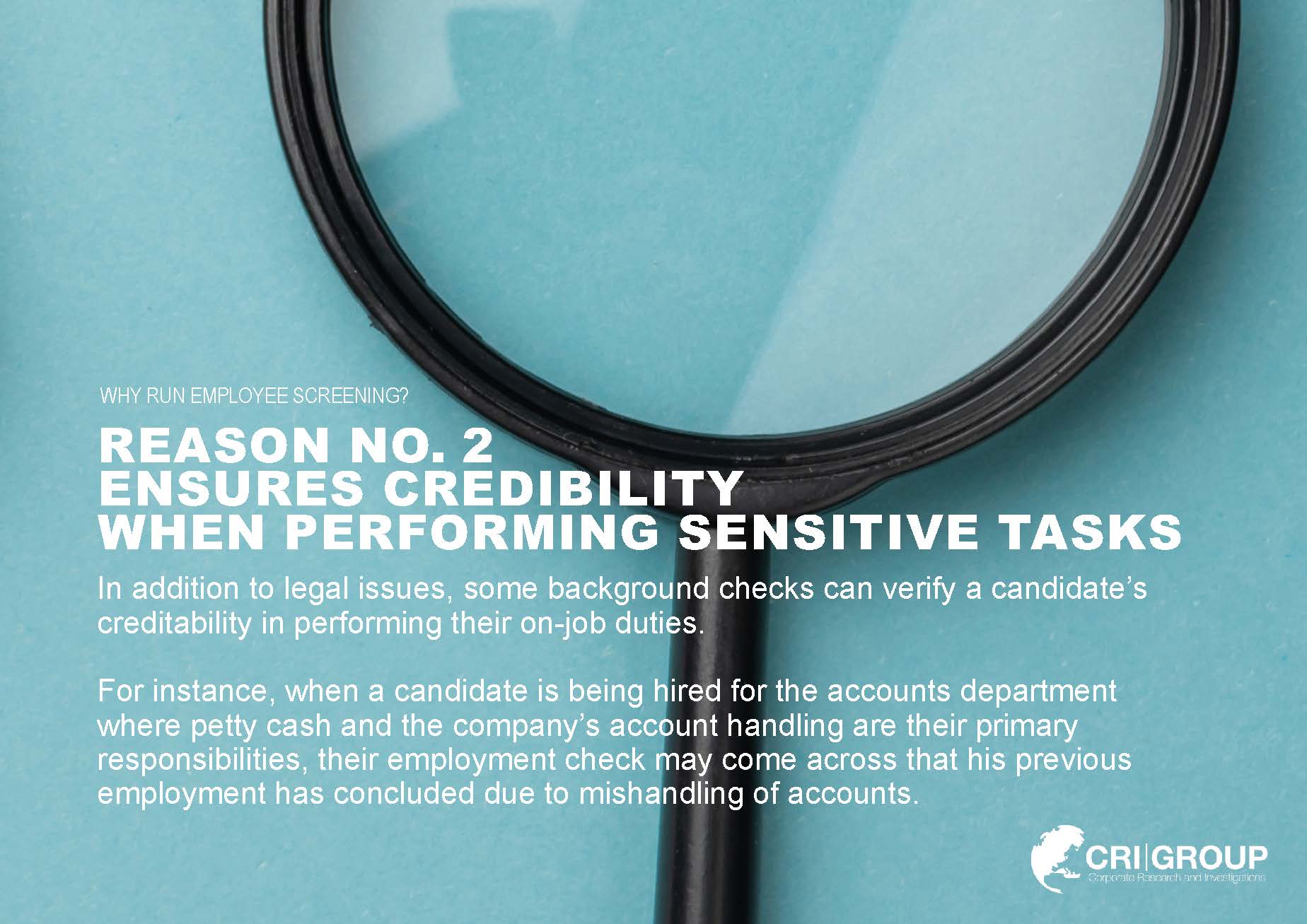
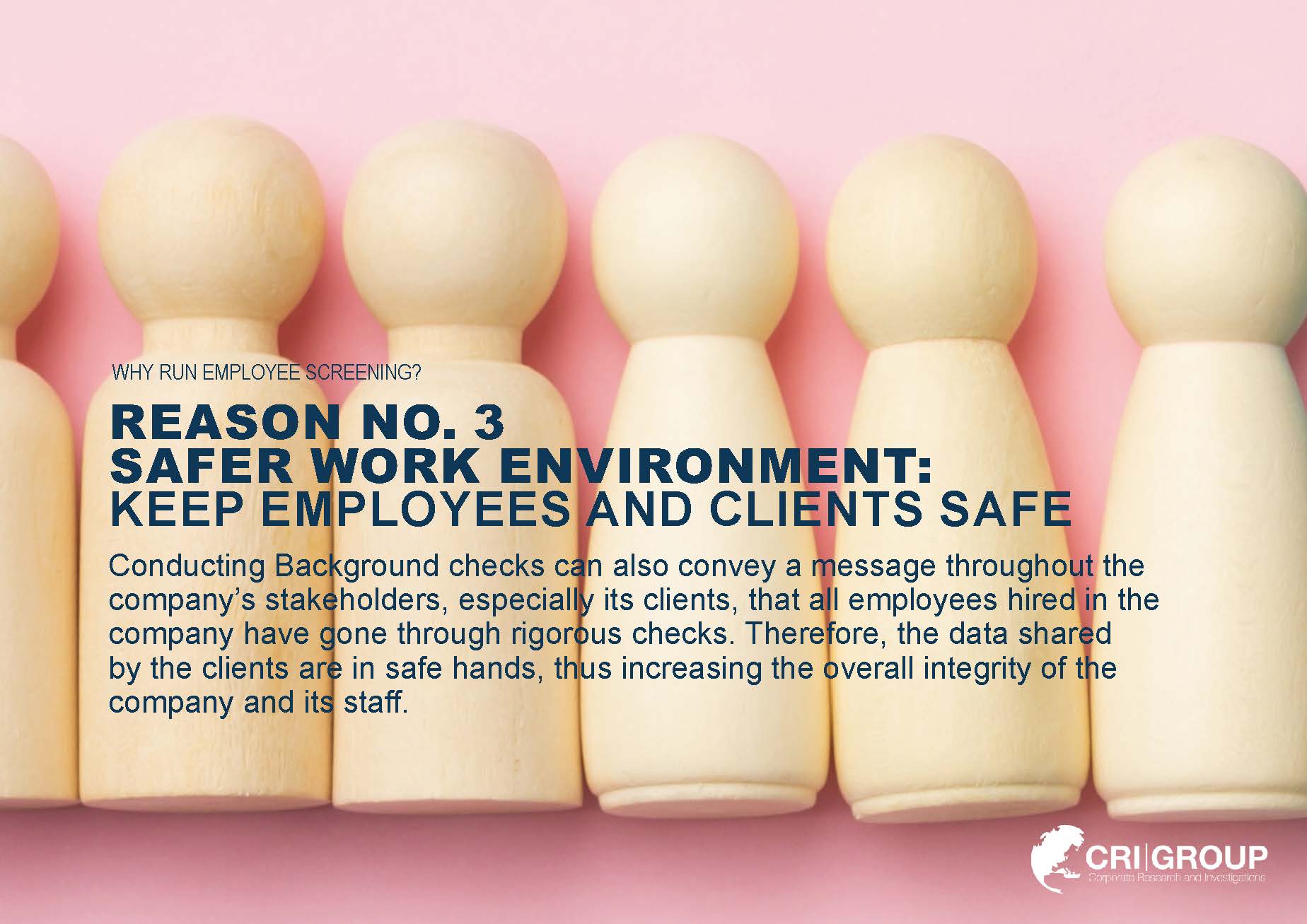
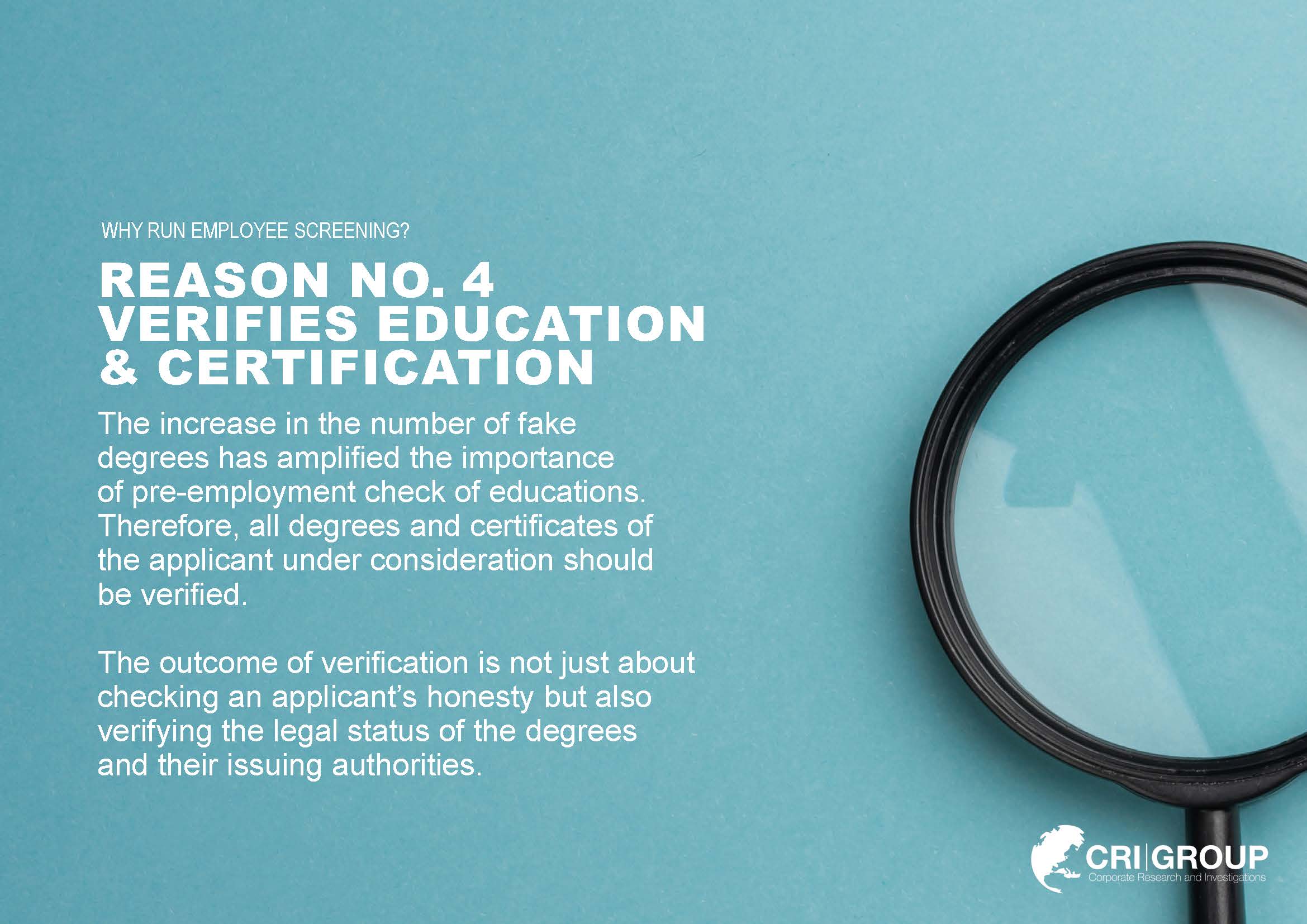
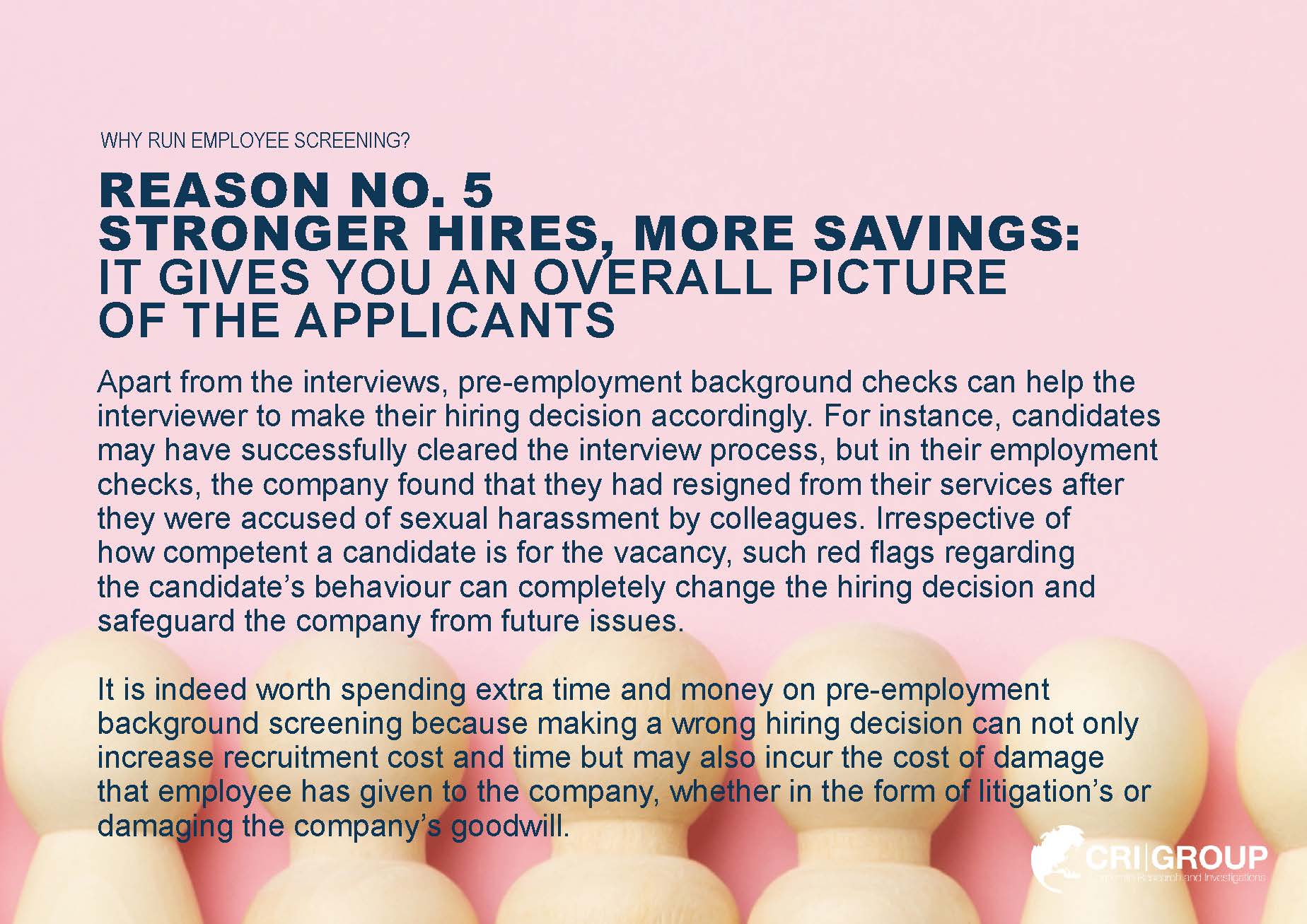
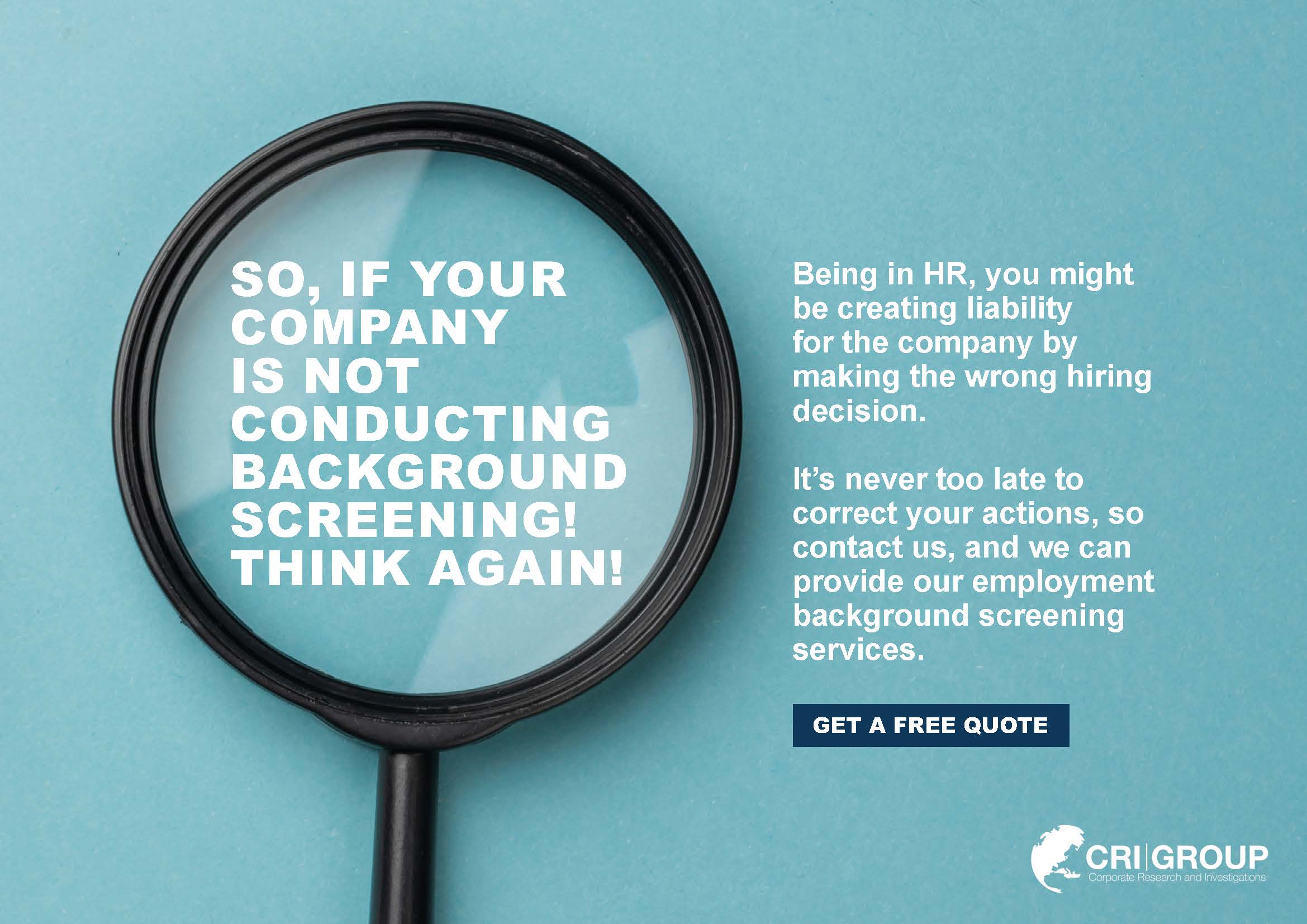
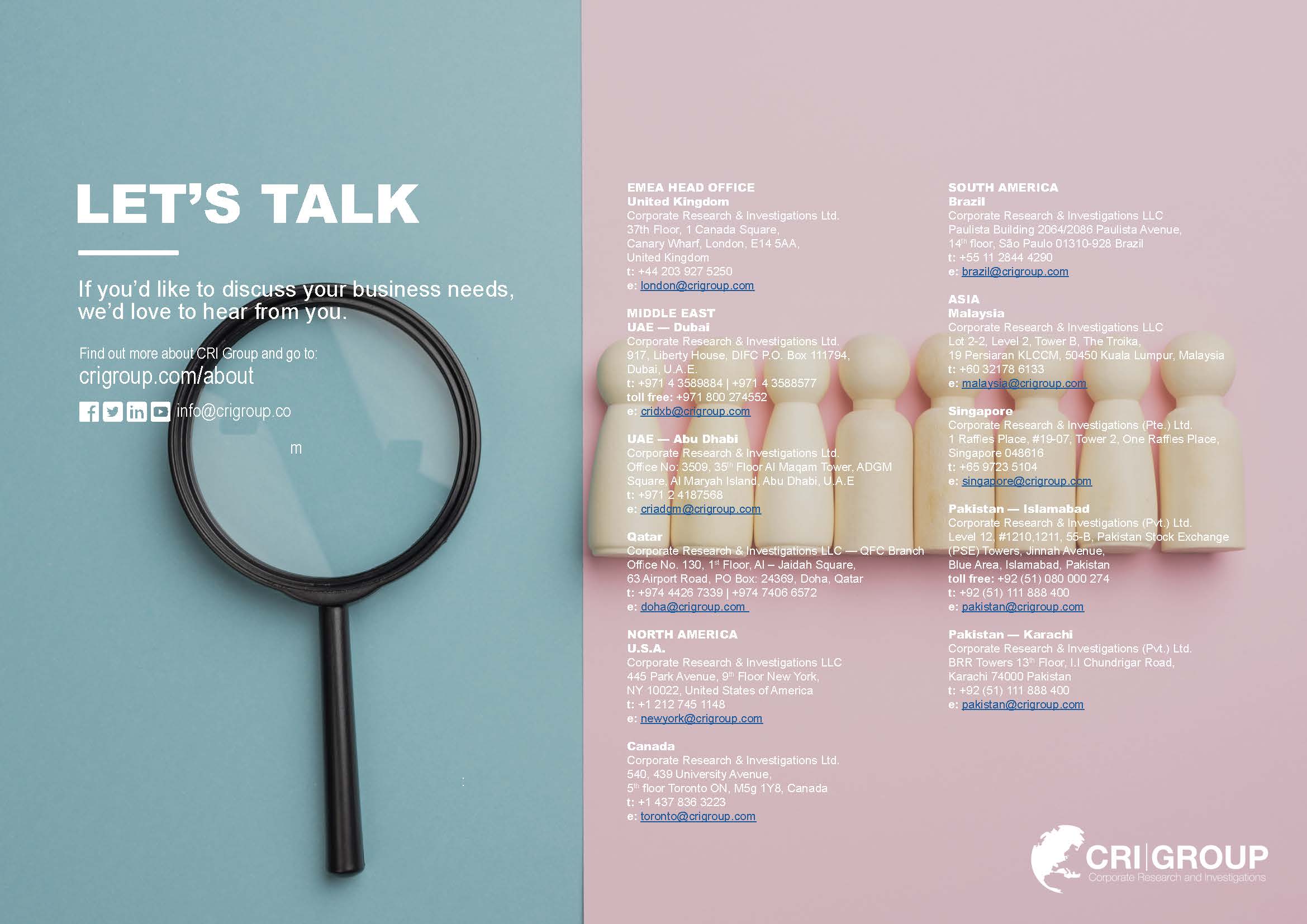
CONTACT US
Headquarter: +44 7588 454959
Local: +971 800 274552
Email: info@crigroup.com
Headquarter: 454959 7588 44
Local: 274552 800 971
Email: info@crigroup.com
NEWSLETTER SUBSCRIPTION